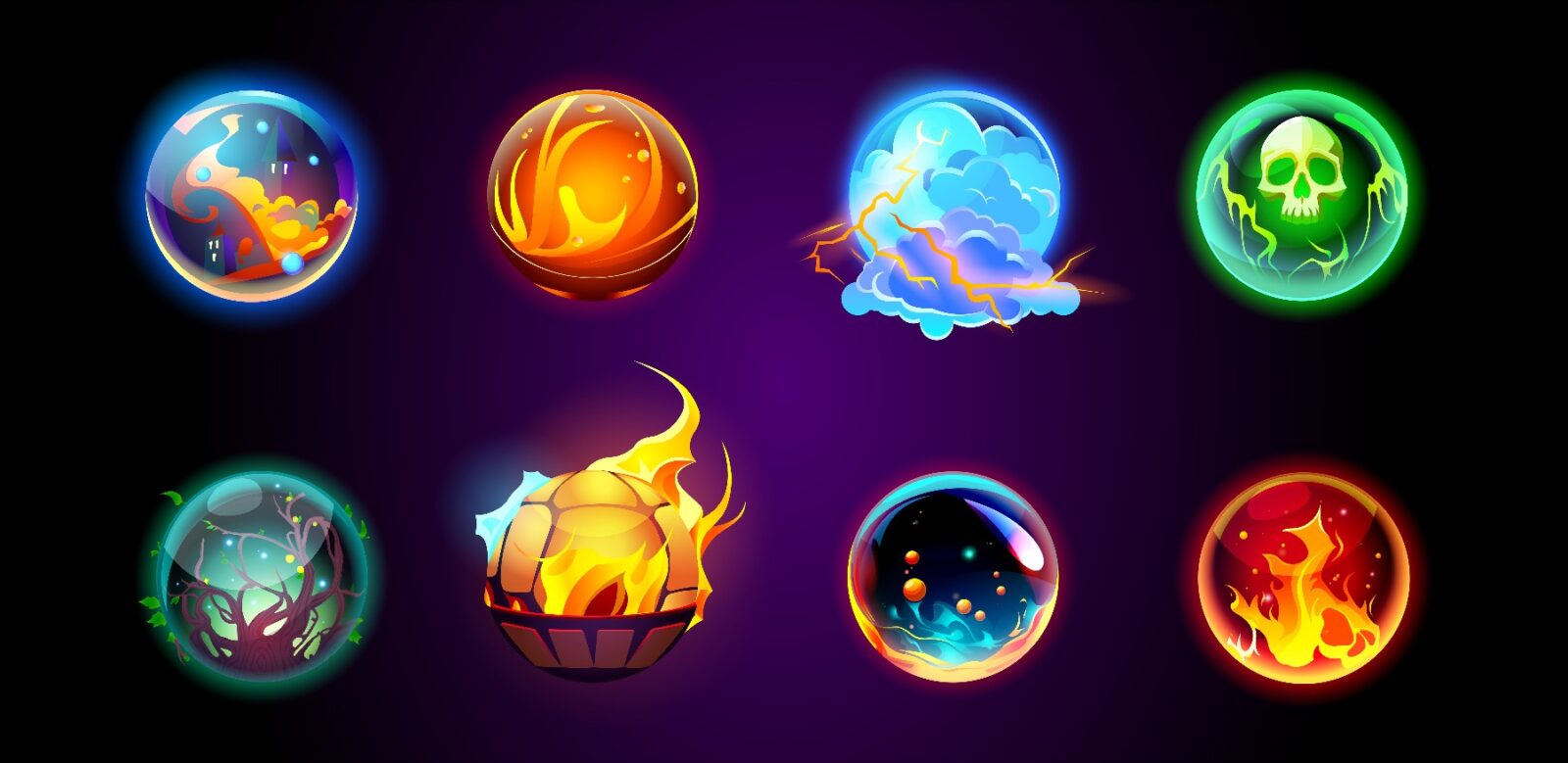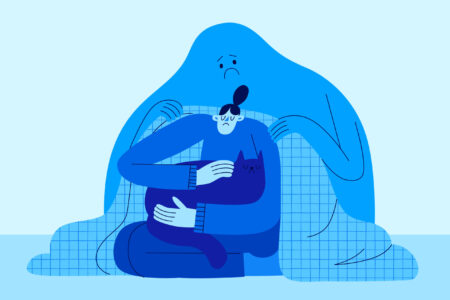Relationship problems – is this part of the relationship?
Love in a relationship can manifest itself in different ways, and every relationship is different. Love can deepen and change over time, and constant investment in the relationship helps keep it alive and strong. But even the strongest relationships will experience conflict and relationship problems. In a long-term relationship where there has been no conflict, it is possible to avoid arguing or suppress your true feelings.
So relationship problems can be a part of a relationship, each stage of a relationship has certain challenges. Being aware of the stages of a relationship and the challenges that come with them helps us to be prepared for them and to better cope with potential situations.
What are the stages of a relationship?
Signs that your relationship is not working
Steps to improve your relationship
When and why should you seek relationship therapy?
How to get help in case of domestic violence?
What are the stages of a relationship?
1. The courtship stage or honeymoon phase
In this phase of a relationship, people fall in love and their feelings are very strong. The courtship phase usually lasts from a few months to two years. In this stage of a relationship, people spend a lot of time with their partner and focus primarily on what they have in common and do not notice any differences between them.
2. Marriage/cohabitation (without children)
People start to interact more with other people and the strong feeling of love decreases. Partners start to understand each other's differences better and more conflicts may arise in the relationship.
3. Relationship with or without children
When a relationship decides to have children, it often comes with fatigue, fewer shared activities, and more responsibilities. Depending on your problem-solving skills, these challenges may put you at greater risk for relationship problems.
Even in a family without children, there can be challenges. Children automatically bring new energy to a relationship, and in a relationship without children, new energy must be found in other ways.
4. Stabilization
During the stabilization phase, there may be more time for activities outside the family, new discoveries, individual challenges. By this stage, patterns of communication with your partner have often become clearer and automatic.
5. Later phase
This stage can be a time of change and adjustment (children moving out, needing to care for their parents, or their death) and can be a fresh start, helping to find new goals or shared activities. Not many couples actually reach this stage of their relationship. There can be a lot of good in a relationship, and partners likely have the skills to cope with difficulties, but it may not always be enough.
To maintain and strengthen a relationship, it is important to accept that change is natural and to commit to growing and supporting the relationship. When relationship problems arise, it is possible to focus on improving the relationship if both partners are willing to do so.
Signs that your relationship is not working
Relationships can vary greatly, because every relationship and relationship compatibility is unique. There are couples where an open relationship / casual relationship or a long-distance relationship is suitable for them and both partners are happy in the relationship, but there are also many for whom relationships in this form would not work. Therefore, when thinking about relationships and love, there is no one right way to describe it. In order to notice relationship problems, it is necessary to first look at how the relationship and communication between both partners think it works. However, it is possible to bring some general principles that can help to understand that there are relationship problems.
- You don't support each other and have different goals.
Celebrating successes with a supportive and encouraging partner is one of the joys of a relationship. When partners no longer show interest, care, or support for each other, it may be a sign that the relationship has weakened.
- Lack of emotional closeness
The foundation of a healthy relationship is that both partners feel comfortable and are truly open about sharing their thoughts and opinions with each other. If a relationship doesn't share their true thoughts and feelings, it can be a sign of a diminishing deep connection.
- Inability or unwillingness to solve problems
Every couple has arguments and disagreements, but a relationship crisis is when you are unable to resolve conflicts and are unwilling to improve your problem-solving skills. Knowing how to overcome disagreements is one of the most important parts of a healthy relationship and leads to deeper intimacy.
- Lack of trust
Trust can be damaged by various situations in a relationship, such as a one-night stand or a long-term partner cheating. When trust is lacking or damaged, it can lead to a number of negative consequences, and rebuilding trust in a relationship takes time and conscious commitment.
- You don't imagine a future together.
One important component of a lasting relationship is seeing a shared future. If your vision for the future doesn't align, or if you've stopped talking about future plans altogether, it could indicate a relationship crisis.
- Lack of security
When there is a sense of security in a relationship, partners feel comfortable and at peace, knowing that each other is being taken care of. If the lack of security is due to abuse in the relationship, it is important to seek help.
These are some of the many signs of relationship problems. It is important to be aware of them and be ready to take action when relationship problems arise. They are not always a sign that the relationship is over, as the relationship can be saved through open and honest communication or relationship therapy.
Steps to improve your relationship
Building a happy and healthy relationship takes work and may not always be easy. However, it is worth the effort and will help create a long-lasting, loving relationship. The best way to improve your relationship will depend on the individual couple, but for many, the following steps can help.
1. Be aware of your differences
Each person is unique in their personality, experiences, needs, and views. By understanding and accepting your partner's differences, you can create a stronger bond and reduce potential conflict and tension in your relationship.
2. Acknowledge problems and take responsibility
It is important to acknowledge feelings and behaviors that may have contributed to the problems. Take responsibility for your role in the relationship problems. Apologize for your mistakes and forgive your partner for theirs.
3. Develop communication and problem-solving skills
- Use to communicate your thoughts and feelings me-sentences.
- Listen to your partner with an open mind and without judgment, whether you agree with it or not. Listen without interrupting or judging.
- Accept your partner's feelings.
- After each partner has had a chance to be heard and an environment conducive to collaboration has been created, it is much easier to be rational and work towards solutions. Think about possible solutions and weigh the advantages and disadvantages of each solution and analyze how they might affect the future.
4. Spending time together
Make time to spend quality time together, and consider the interests of both partners. This allows you to strengthen your bond, create shared memories, and invest in your relationship. Quality time should be meaningful and enjoyable for both parties.
5. Seek relationship counseling
Couples therapy is a safe and supportive environment where couples can work on their relationship issues and receive professional help. A relationship therapist helps guide partners' communication and teaches them the skills they need to better cope with future relationship challenges.
When and why should you seek relationship therapy?
Relationship counseling can help with various family and relationship issues, such as:
- Communication problems
- Intimacy and closeness
- Problems related to economic challenges
- Infidelity and trust issues
- Big changes in life
- Frequent conflicts or high stress levels
- Different principles in parenting
- Toxic/poisonous relationship, manipulation in the relationship
- Premarital counseling
- Preparing for divorce
The goal of relationship therapy is to help partners learn more about each other and develop healthy problem-solving skills. As a result of relationship counseling, communication between partners becomes more open and trusting, restoring

Vallo Põldaru
TrainerVallo is a marketer by profession, a specialist in human internet behavior, and a trainer whose favorite topics are marketing psychology, spiritual care, and sustainable mental health in today's society.
8 Date Topics That Will Keep the Flame of Love Alive





